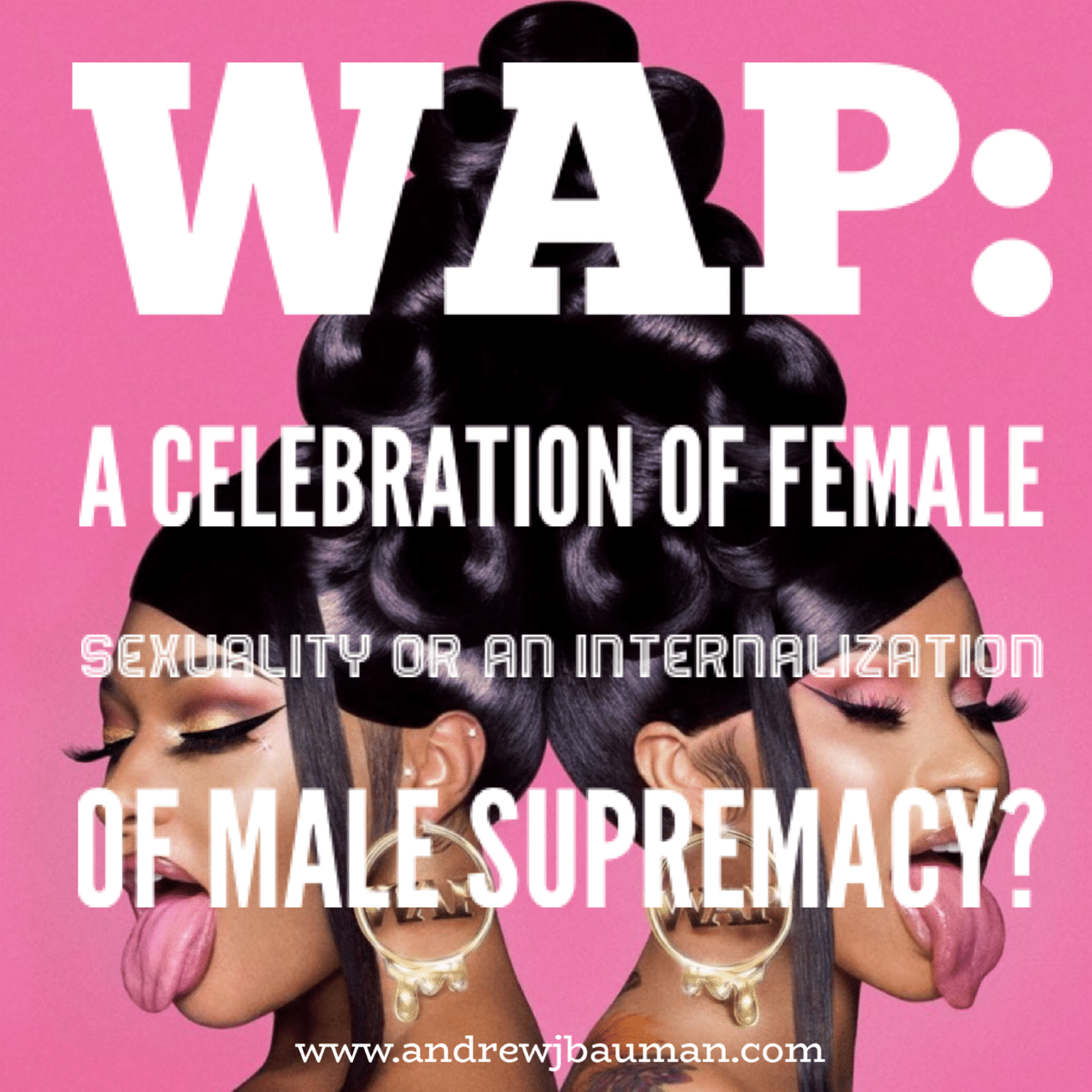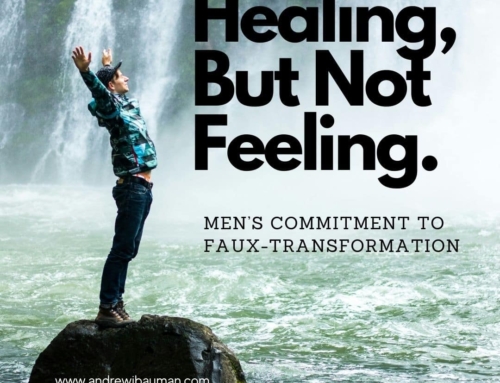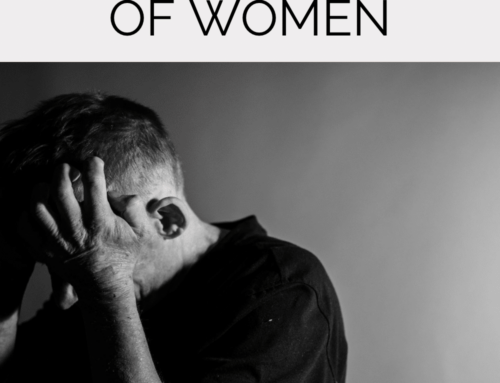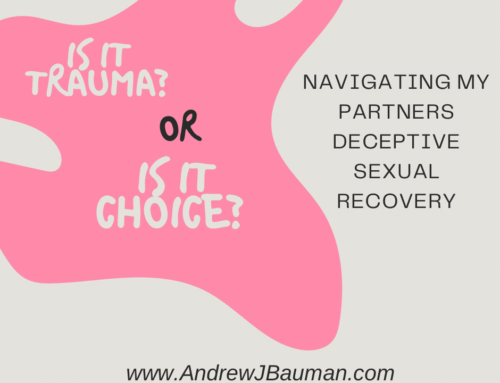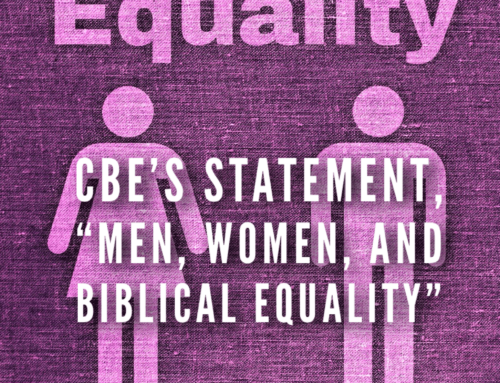*trigger warning: Degrading language, graphic sexual abuse described
Patriarchy’s influence on popular culture has made objectification and violence against women normative. We are so accustomed to violence against women, we don’t even react to it anymore. Songs I grew up listening to, for example, “O.P.P.” by Naughty By Nature in 1991, which apparently means “Other People’s Pu**y”, basically stated that women are the property of men. I remember singing Jay-Z’s “Big Pimpin” all the time. His first line is, “You know I thug ‘em, f**k ‘em, love ‘em, leave ‘em/Cause I don’t f**kin need ‘em”. Sadly, there are plenty of anti-woman songs from every genre of music. These songs have imprinted deeply into our society’s DNA and shaped how we view and treat women.
Most of us agree that men’s objectification of women is wrong, but what about when women objectify themselves as an embodiment of internalizing decades of porn culture and objectification? Cardi B’s recent hit song (which clocked over 56 million in just 48 hours) WAP (which stands for “Wet Ass P***y”), has been touted as female sexual empowerment by liberal and 3rd wave feminists, as well as many of my left-leaning friends. Then there’s the conservative self-appointed morality police on the right loudly condemning the performance (ie. Ben Shapiro), yet who would support the President of the United States if he said the same things. Oh wait, he already did. I believe both of these perspectives miss the mark and are anti-female/pro-patriarchy.
Of course, it’s reasonable to note my own bias and positionality. I am no feminist authority on this topic (I am a man), but I write to try and understand and make sense of what I am seeing culturally. I come to the topic from a unique position of being a recovering sexist, a Christian therapist who specializes in sexual abuse and addiction, and a man who is striving hard to have a healthy relationship with sexuality and helping others do the same. I firmly believe men are solely responsible for the objectification of women, and for setting the stage for a pornified culture that normalizes violence against women and reduces them to merely a sex class. I have considered myself a radical feminist ally for a few years, and have written about the impact of porn culture on Christian culture and society as a whole during that time.
At the beginning of the song WAP, Cardi says, “I wanna gag/ I wanna choke/ I want you to touch that lil dangling thing that swing in the back of my throat.” Bitch magazine states, “Cardi’s first verse lays out what she enjoys: rough sex, kinky sex (role play, bondage, public sex, spitting).” Are violent sex and normalizing female degradation truly “empowerment”? Is being choked and spit on the epitome of healthy sexual expression? Violence against women is so normalized and is pushed on us with such fervency that if we don’t embrace it, we are considered prudish and accused of repressing sexuality just like the far right. CollectiveShout.org states, “With surgically enhanced breasts and an abundance of leg-spread crotch shots and furiously twerking bare bums, this is not, in the words of the NYT, ‘Good, Raunchy Fun’. The video is another manifestation of the objectification, commodification, and fetishization of Black women (directed by a man).” Radical feminist, sociologist, and leading porn expert and educator Dr. Gail Dines posits that we have “a collection of women who are bound by their desire to play along with the boys so they are desired by the boys.” This is patriarchy in sheep’s clothing. Self-objectifying women join in on a patriarchal version of sex to appease a male narrative of sex that is based on a pornographic style of relating to women.
I want to be clear that I am against shame and toxic Christian purity culture. I’m against suppressing women’s sexual liberation or controlling the way women of color step into their power and agency. I simply question the value of participating in a patriarchal culture which says that for women to be loved, accepted, and desired, they must cater to the male gaze and follow the toxic narrative that is limited to male desires and pleasure at the expense of women.
The WAP lyrics are so graphic and objectifying, how could this nod to the porn industry be a celebration of women’s sexuality? How does it uphold the #METOO movement? How does this song make women safer from male violence and objectification of feminine power? This is where my liberal feminist colleagues have it wrong. It doesn’t help women, it hurts them. This brand of “personal empowerment” looks exactly like the patriarchal scripts around sex complete with violence, debasement, sexism, and racism. In contrast, female sexual liberation would not focus on what turns men on or attempt mirror pornography but would amplify women’s beauty, power, and pleasure.
For women to take a stance of self-objectification while calling it sexual liberation empowers no one. As Russell Brand said in his recent YouTube critique, “Do women achieve equality by aspiring to and replicating the values that have been established by males?” Of course not. Our goal cannot be moving from one oppressive view of women (their worth being tied to their sex) to another (women internalizing their own subjugation). Louise Perry writes of Russell Brand’s critique, “A strange kind of celebration, I must say. Even if we assume that the repeated use of the word “whore” is to be taken figuratively, not literally, there is plenty else in the track to suggest a transactional attitude towards sex. The male object of lust described in the lyrics is assessed according to two standards: the size of his “king cobra” and the size of his bank balance. “Pay my tuition” pleads Megan in the song, to this imagined man, who must “make it rain” if he wants her sexual favors. “Ask for a car” during sex, “spit on his mic” to secure a record deal, “let me tell you how I got this ring” — the sexual generosity described is all in service to, not of female pleasure, but material gain. And, as Brand rightly observes, the aesthetic of the video is lifted straight from porn, an industry in which all sex is necessarily transactional.” Sexual health is much more than transactional and emotionless, it has little to do with orgasm and everything to do with connection and intimacy.
We can do better. We can give the next generation a view of sexuality that is neither shame-based sexuality nor shameless. When sexuality is engaged only in those two extremes, sacredness and humanity are lost. Both of these perspectives follow patriarchal scripts, and where does that leave women’s authentic sexuality? Sex becomes a commodity that is either indulged or avoided; on one side rigidity replaces righteousness, on the other, all boundaries and bodily wisdom are disregarded for cheap pleasure in the name of sexual liberation based on male desire and dominance – which is hardly liberation at all. Regardless of which extreme is chosen, intimacy and connection are forfeited for an unbalanced adherence to an ideal, which inevitably results in being bound by stronger chains. Let’s seek out genuine sexual liberation, free from the chains of patriarchy, offering mutual pleasure and honor.
